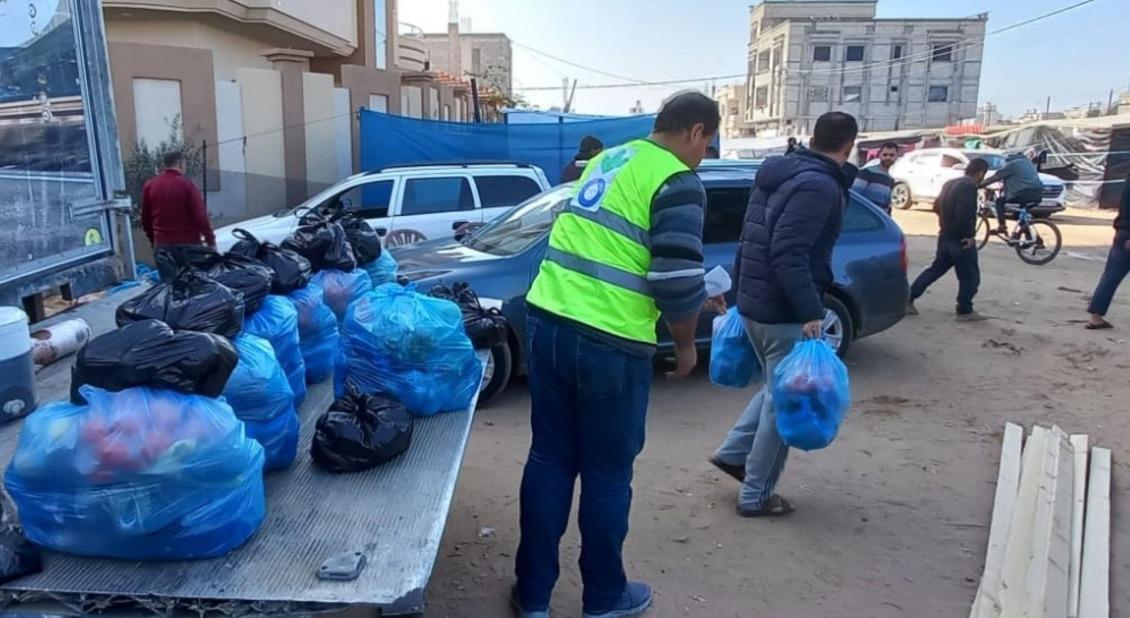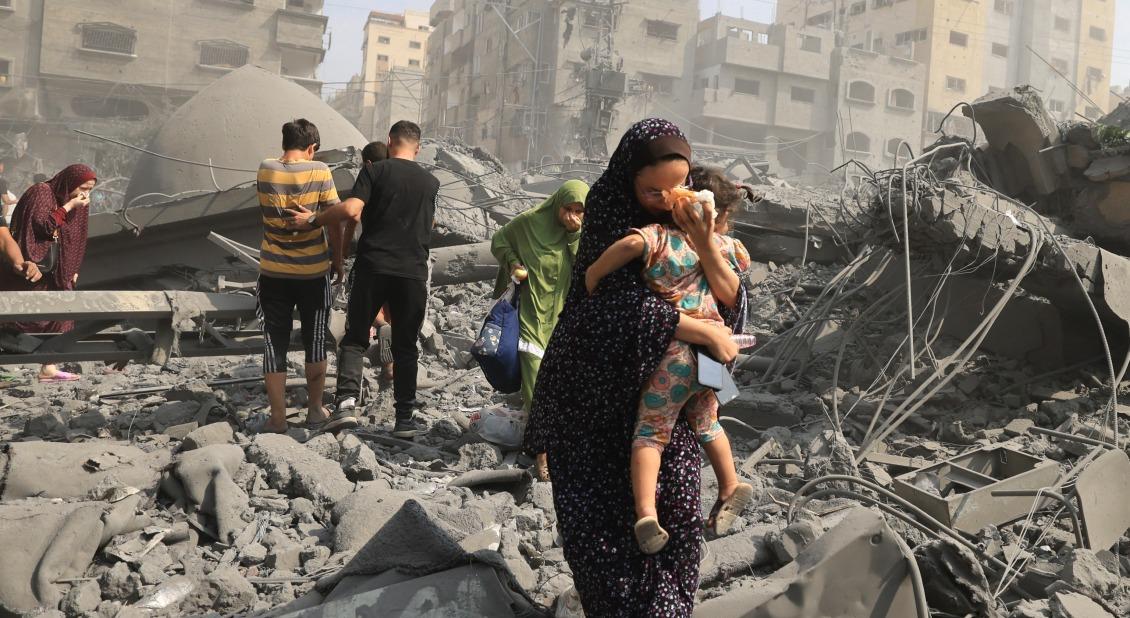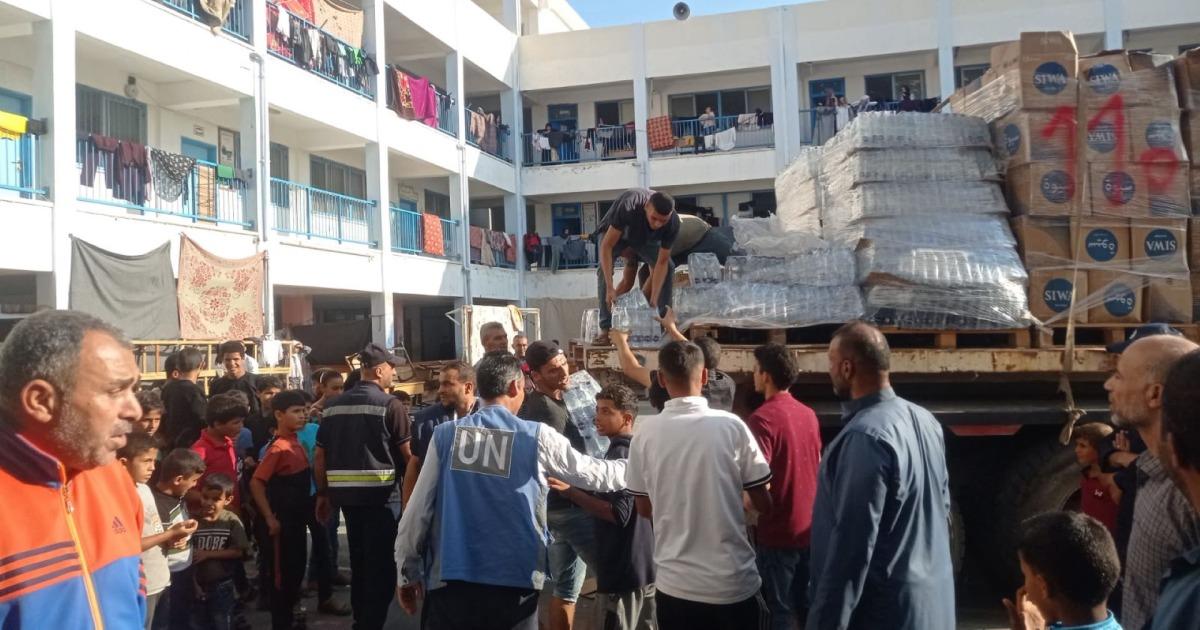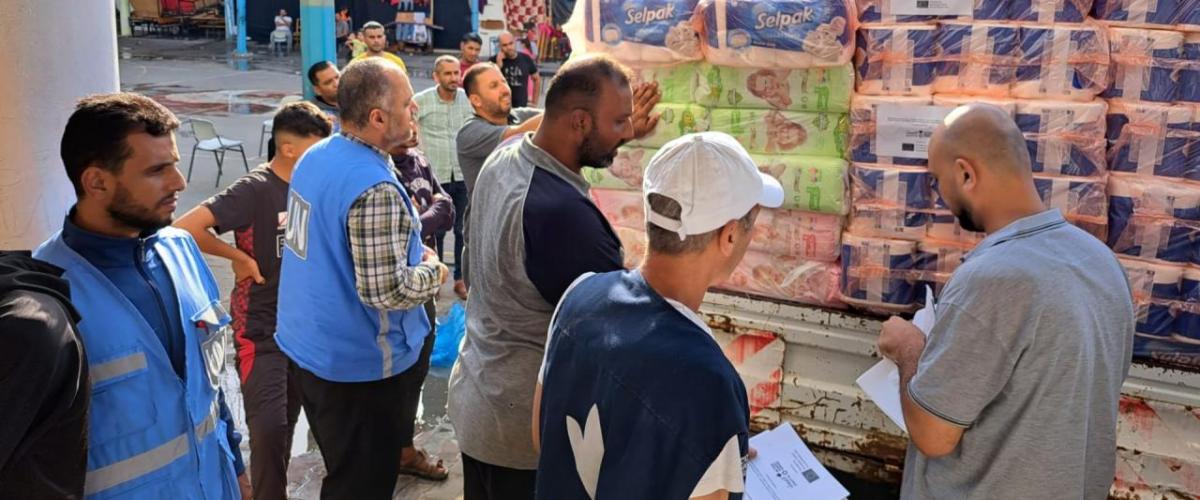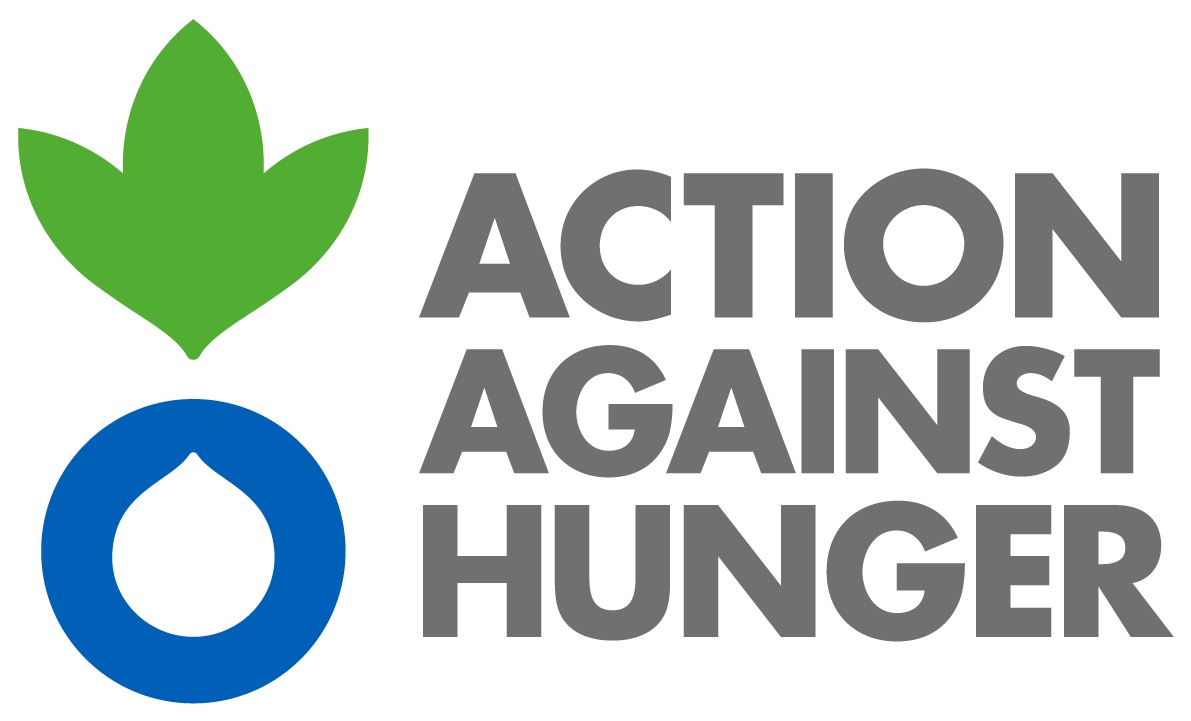100 Days of Conflict in Gaza
Action Against Hunger Calls for a Permanent Ceasefire to Prevent Famine and Further Loss of Life
January 17, 2024 /3BL/ - Jan. 12 marked 100 days since the terrorist attacks on Oct. 7 and the beginning of a deadly conflict between Israel and Gaza. In just over three months, nearly 23,000 people have died in Gaza and hundreds of thousands more are on the brink of famine. Gaza is experiencing catastrophic levels of hunger, outbreaks of disease, widespread internal displacement, and extremely limited humanitarian access. A permanent ceasefire is critical so that humanitarian organizations can reach those in need and impede further death and disaster.
“Our priority is to guarantee safe, sustained, and sufficient access to vulnerable people to ensure they have what they need to survive,” says Chiara Saccardi, Action Against Hunger’s regional head of operations in the Middle East. “The entire population of Gaza is displaced, hungry, and thirsty, and many are sick and injured. The situation is beyond desperate. We do not have the conditions in place to operate safely to scale up and meet these immense and urgent needs.”
The daily death rate in Gaza is higher than any other major 21st century conflict. Incessant shelling has left many other families buried beneath the rubble. Others have nowhere to turn, and 85% of Gaza’s population has been driven from their homes. The humanitarian crisis has continued to escalate, and water, food, and electricity is running out.
Hunger is so extreme that nearly every household does not have enough food to meet their daily needs. In fact, a staggering 80% of the global population facing famine or catastrophic levels of hunger are located in Gaza.
“We are deeply concerned. We should have unhindered, safe access to people in need during armed conflict. More people will die of hunger and disease if there is not an immediate ceasefire and an increase in humanitarian assistance,” says Chiara Saccardi.
For 100 days, humanitarian agencies like Action Against Hunger have been working in extreme conditions to support civilians and provide essential supplies needed for survival. Our staff are exhausted, sick, and displaced, but they keep going.
Action Against Hunger is gravely concerned about the enormous loss of civilian lives in Gaza, especially women and children. We urge an immediate and permanent ceasefire — it is the only thing that can guarantee safe, sustained, and sufficient humanitarian access to people in dire need in Gaza.
Action Against Hunger is also deeply concerned about the conditions of the hostages and we urgently call for their immediate and unconditional release.
Action Against Hunger's Work in Gaza
For more than three months, Action Against Hunger has been working in extreme and dangerous conditions to:
- Provide one million liters of clean drinking water to more than 51,600 displaced Gazans.
- Distribute food baskets to more than 17,440 people, including fresh fruits and vegetables.
- Give hygiene supplies to benefit 95,900 people in 19 displacement shelters, primarily in Rafah.
- Provided shelter items, like plastic sheeting and wood, to nearly 17,000 people in ten shelters.
From October 18 to December 21, our teams reached 340,000 people in Gaza, nearly half of them children. Half of the families we supported were in Rafah, and the rest were in Khan Younis (18%), northern Gaza (18%), and central Gaza (14%).
However, as the violence and blockade continue, not enough lifesaving assistance is reaching people in need. Local market supplies are limited and inflation has soared, leaving many people unable to afford food and daily necessities. Access to aid is uneven as people continue to move. We can no longer reach areas in northern Gaza where people are most hungry, due to fighting and lack of transport.
About Action Against Hunger
Action Against Hunger leads the global movement to end hunger. We innovate solutions, advocate for change, and reach 28 million people every year with proven hunger prevention and treatment programs. As a nonprofit that works across 55 countries, our 8,900 dedicated staff members partner with communities to address the root causes of hunger, including climate change, conflict, inequity, and emergencies. We strive to create a world free from hunger, for everyone, for good.

